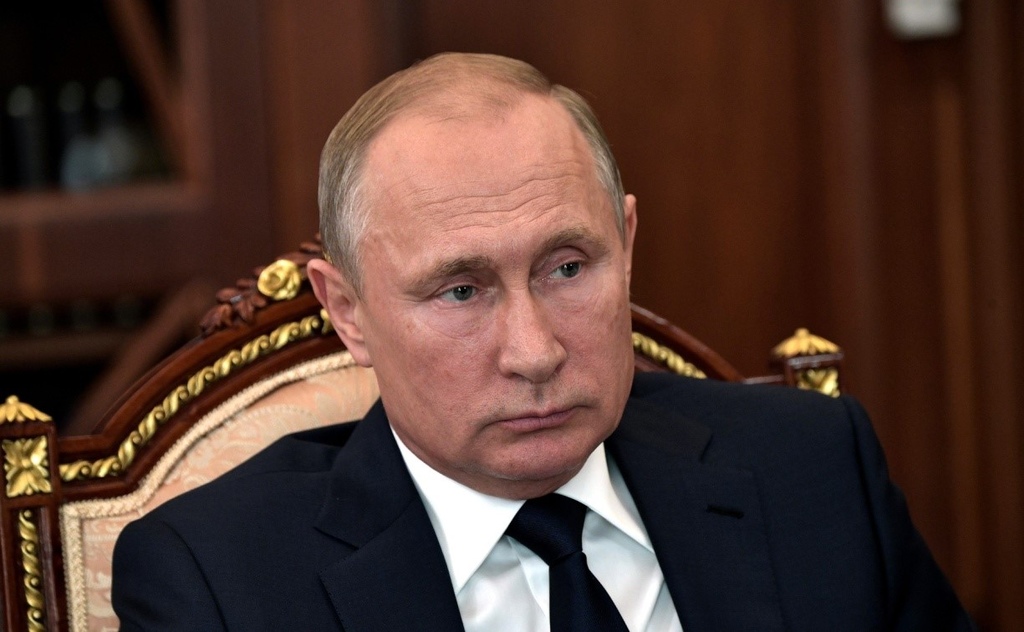RUSSIA MONITOR
Date: 26 June 2018
Putin and Government’s Popularity Is Dropping in Polls
Contrary to some expectations, the FIFA World Cup did not cover all Russian problems. Undoubtedly, Russia’s authorities have thought that the propaganda noise around the football championship would soften some harsh social consequences of recent unpopular economic decisions. As a result, they will probably withdraw to a certain extent from the pension reform; such was the case of the increase in excise taxes on fuels. Due to his current problems, Russian president is more likely to give up his idea of aforementioned reforms and adopt a more market-oriented approach to the state’s economic policy.

Over just one week (June 10-17), Putin’s ratings dropped from 62 to 54 percent, according to the Public Opinion Foundation (FOM). It fell to its lowest level since 2013. As reported by another state-run pollster, Russian Public Opinion Research Center (VTsIOM), Putin’s rate of approval dropped from 77 to 72 percent over the same period. In May, 80 percent of Russians citizens declared their readiness to vote for the incumbent president. In August 2017, 66 percent of Russian citizens wanted Vladimir Putin to stay in the Kremlin after 2024, contrarily to 51 percent now. The poll recorded also a decrease in the level of approval of the prime minister and government’s performance. Medvedev’s job performance is positively evaluated by only 38.5 percent of respondents. A week earlier, his popularity reached the level of 41,7 percent while a month earlier it was estimated at 45,4 percent. The government’s job performance is approved by 44.7 percent (compared to 52.3 percent in May 2018). In June, 42 percent of Russian citizens trusted the incumbent president (compared to 47.4 percent in May), 16.7 percent placed trust in Sergey Shoygu (20.8 percent in May) 13.7 percent tended to trust Sergey Lavrov (16.6 percent) and 9.2 percent expressed their trust to Dmitry Medvedev (12.5 percent).
The drop in Putin’s popularity was due to the recent car fuel price hikes and the latest announcement of pension reform. Since the beginning of this year, gasoline prices have risen on average by 8.2-8.5 percent. The measures taken by the government to prevent further increases will not be noticed by society as quickly as the above-mentioned increases. So it may be expected that the Russian authorities will lose part of its popularity even more after the start of street riots against raising the retirement age. Such situation will additionally aggravate if Russia’s national football team is eliminated from the FIFA World Cup.
Putin distances himself from the pension reform. And even if his popularity ratings continue to drop while making the government its scapegoat will not satisfy the Kremlin so it will simply announce that, according to the president, the reform has its negative aspects. And it will be either cancelled or amended. And the president’s approval ratings will go up, especially due to the fact that raising the retirement age is badly received by Putin’s traditional electorate than by inhabitants of big cities, liberals or middle class representatives. In addition, Russia is likely to undertake some aggressive external activities in order to divert the world’s attention from the country’s internal situation.
All texts published by the Warsaw Institute Foundation may be disseminated on the condition that their origin is credited. Images may not be used without permission.














